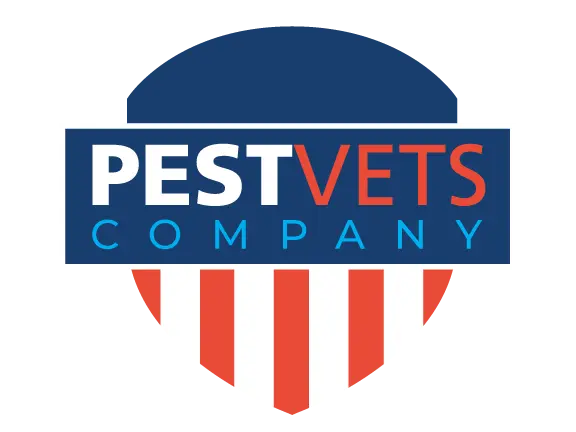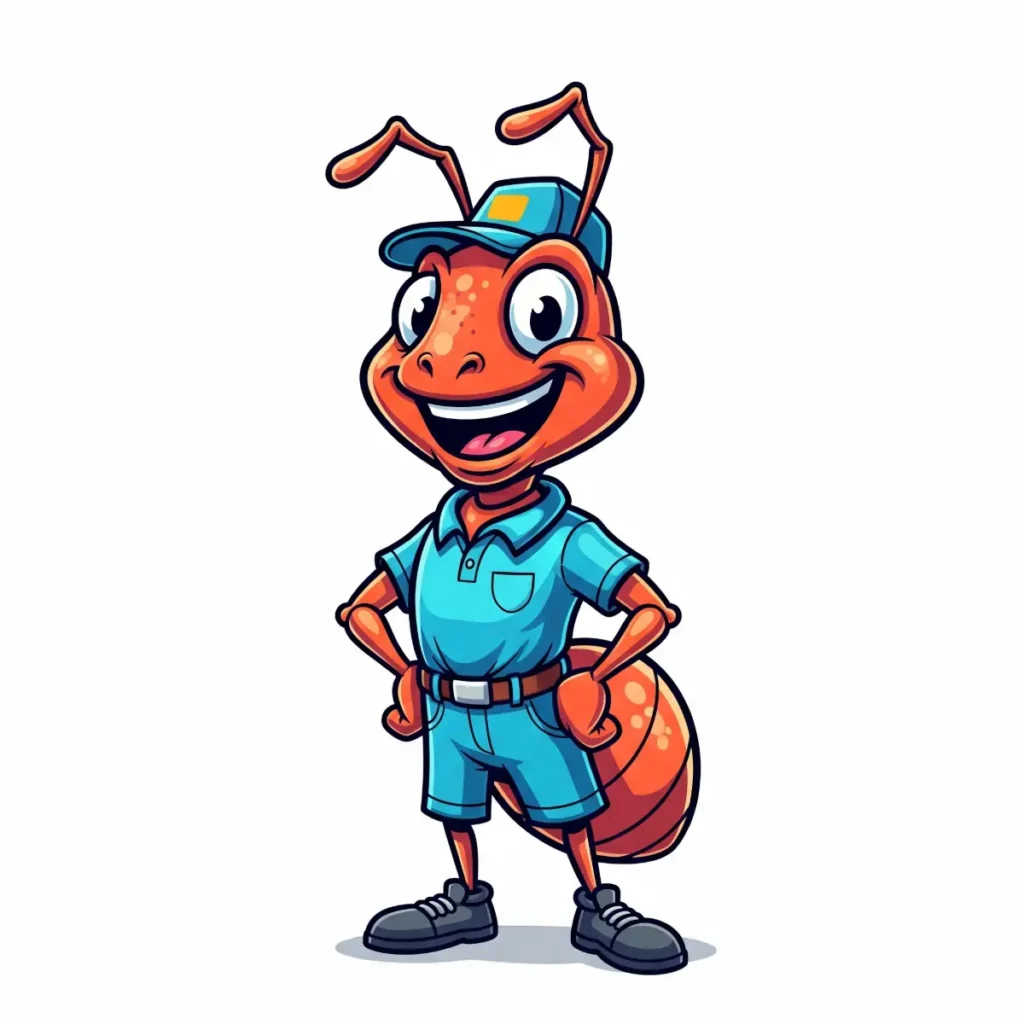The nests, in which the egg cells open down, usually range in size from 15 to 50 cells. These wasps are long legged, elongated, and slender waisted. To the casual observer they may appear to be black but are most likely golden brown, or darker, with large red or yellow patches. As they are not usually aggressive and are beneficial, (helping to control fruit destroying insects and flies) eliminating the nests is usually not necessary.
Paper Wasps
Paper Wasps are the most docile of the three main social species. They tend to only become problems when they build their umbrella shaped nests directly over doorways or other areas (such as under a picnic table) where close human interaction cannot be easily avoided. The nests, in which the egg cells open down, usually range in size from 15 to 50 cells. These wasps are long legged, elongated, and slender waisted. To the casual observer they may appear to be black but are most likely golden brown, or darker, with large red or yellow patches. As they are not usually aggressive and are beneficial, (helping to control fruit destroying insects and flies) eliminating the nests is usually not necessary.
Biology of Paper Wasps
All wasps fall under the beneficial insect category in that they pollinate flowers and are predators of flies, caterpillars, aphids, and other insect pests. However, for people who are allergic to the stings, the problems far outweigh the benefits, and proper means must be taken to avoid being stung. This is not to say for those of us who are not allergic should be unconcerned about getting stung. Even if you are not allergic you will most likely experience quite a bit of pain after a sting. It is best for people who are known to be sensitive to stings to consult a professional to rid homes, businesses and yards of pests.
In order to identify these pests it is helpful to understand each of the following pest’s nature and lifecycle. The social wasps (i.e. Yellow Jackets, Hornets, and Paper Wasps) are ones that we see most frequently. The easiest way to distinguish the difference wasps is to look at the size of the wasp and the pattern on the abdomen. Most workers will survive only a season while reproductive wasps will survive over winter and start up each spring depending on weather conditions.



